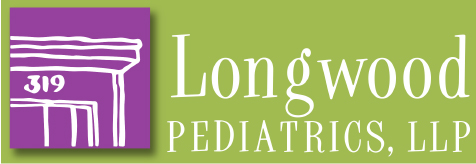If your child is having a medical emergency please call 911. If you think that your child may have ingested something poisonous please call POISON CONTROL at:
1-800-222-1222
Accidental poisonings are very common among infants and children and are one of the leading causes of death in this age group. Children are very curious. Many common household items and products that you may not think are interesting can be very attractive to a young baby or child. These items can be found throughout your home.
For example, if you look at the photos below, you can see that it can be very hard to tell the difference between candy and potentially dangerous medicines. Take a look at this picture here to see why a child might find it so interesting; Candy Or Medicine?
Your child can be harmed by eating household cleaners, or chemicals, prescription medicines and even ‘harmless’ over the counter medicines in incorrect doses. You should include all of these in your childproofing plans. See the U.S. Consumer Product Safety Commission site for more information about childproofing your home. Remember, you should never assume that just because something is ‘out of reach’, your child won’t find a way to reach it.
According to the Regional Center for Poison Control the top ten poison exposures for children under 5 in Massachusetts and Rhode Island are basic things you have scattered throughout your home.
- Cosmetics and Personal Care Products
- Household Cleaning Products
- Foreign bodies and Toys
- Topical Preparations (ointment, creams, gels, and lotions)
- Analgesics (Pain Relievers)
- Plants
- Cough and Cold Medicine
- Arts/Crafts/Office supplies
- Vitamins
- Pesticides
What are some things you can do to prevent accidental ingestions and poisonings?
(From Regional Center for Poison Control and Prevention and American Association of Poison Control Centers)
- Keep all hazardous materials in locked cabinets and out of reach of children.
- Put safety latches on drawers and cabinets containing harmful household products.
- Store all household products and medications in the original containers with the original labels on them.
- Do not leave children alone with household products or medications. When using a product, take children with you if you leave the room.
- Return household products to safe storage right after use.
- Buy products in child-resistant packaging, when available.
- Read all medication labels carefully.
- Never refer to medication as candy.
- Store food and cleaners separately.
- Place carbon monoxide detectors in your home.
- Keep children away from any poisonous plants that may be in or around your home.
- Watch children carefully when playing indoors and outdoors.
- Post the number for the Regional Center for Poison Control and Prevention ( 1-800-222-1222) near all telephones in your home.

